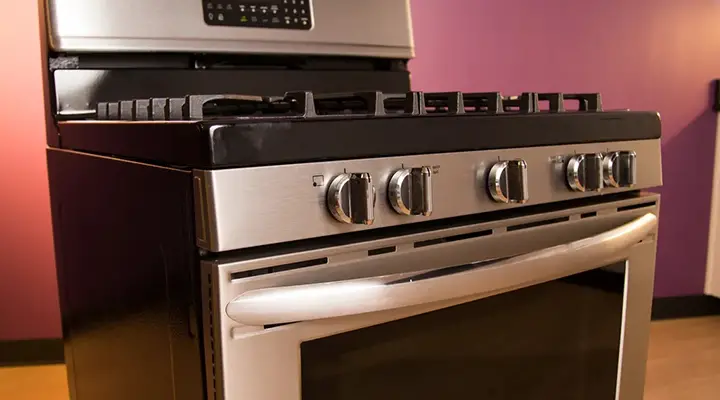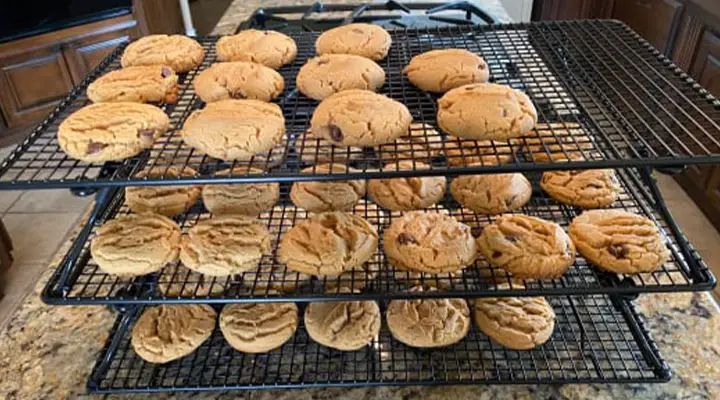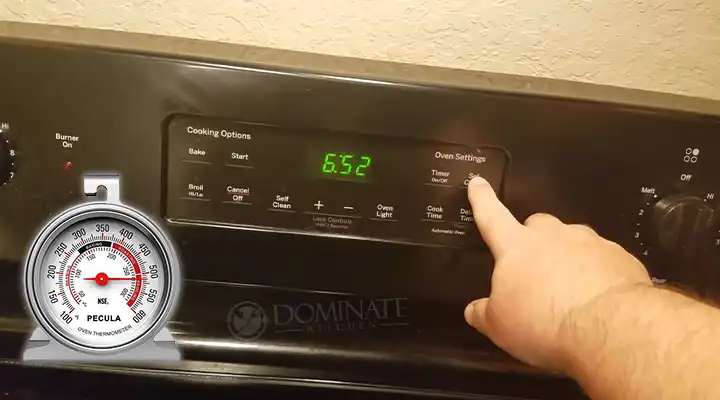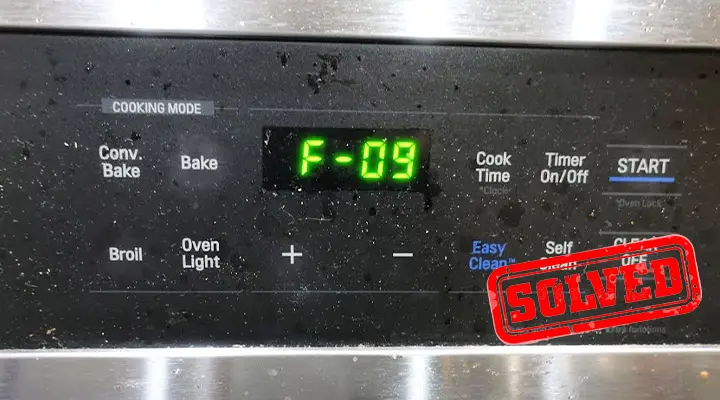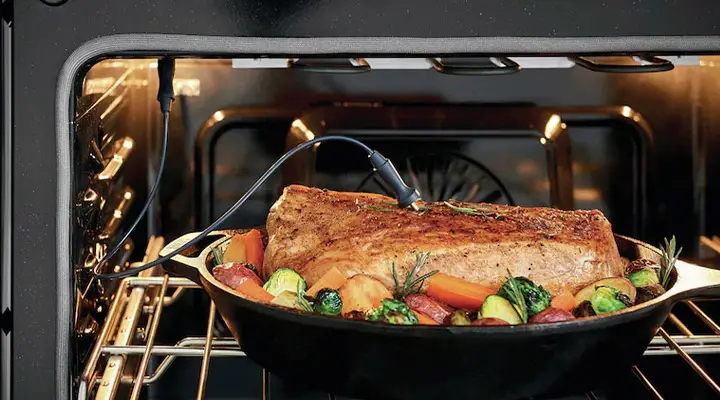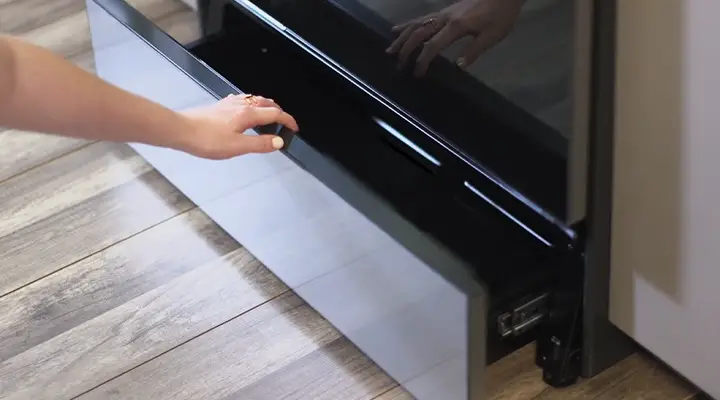How To Clean Butter From The Oven (Ammonia, Baking Soda, Vinegar, Lemon Juice)
It is fairly uncommon for butter to leak into the oven when cooking or baking. As the pot or pan is moved in and out of the oven, butter might leak from the bottom of the pan. When the oven is really hot, the spilled butter also begins to heat up and may subsequently burn or smoke, making it much more of a problem. You may have to wait until things have cooled down before using an oven cleaner to remove the butter from the oven.
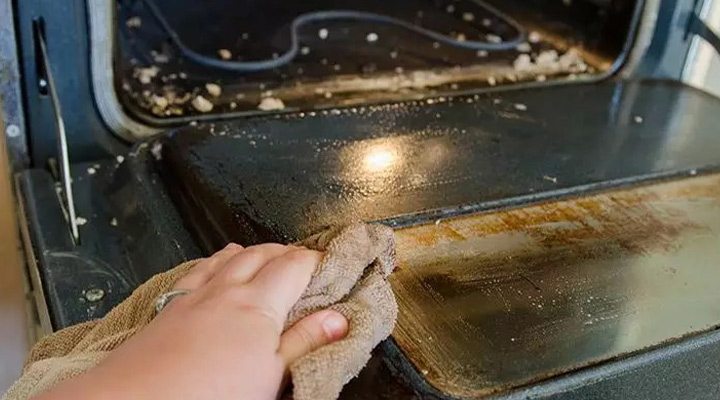
How Should You Clean Butter From The Oven?
As a result of the cooking and baking processes, it is not unusual for the inside of the oven to get dirty with food splatters. If anything like this occurs, the high temperatures will rapidly fry any splatters that are present, such as butter. The melted butter in your oven may be easily removed with the help of a number of simple and widely available home cleaning products.
Ammonia
Ammonia is a flexible liquid that may be used to clean a variety of home goods, including appliances like ovens and stoves. It is most often found in products that are designed to clean glass. Ammonia that is not sudsy should be poured into a bowl, then the dish should be laid on a baking sheet, and the sheet should be placed inside the filthy oven. Turn off the oven and let the ammonia lie inside it unattended for the whole night.
The fumes that are created naturally by the ammonia will release the spilled butter from the inside of the oven, in addition to any other baked-on filth that may be present. Use a clean sponge that has been dipped in lukewarm water to remove the charred butter from the walls of the oven. This procedure can only be used in an oven that is a gas or electric oven that has had the main gas valve turned off.
Baking Soda
Baking soda is a popular ingredient that is used in a variety of recipes. Because baking soda has a naturally abrasive tendency, it will help scrape the spilled butter off of the oven while also deodorizing any unpleasant cooking scents that are trapped in the oven. A plastic container should be prepared by filling it with warm water and baking soda in equal parts.
For a few seconds, stir the carbonated water and baking soda together with a spoon. Start cleaning the butter from the oven walls by submerging a nylon scrubber in the solution and then beginning to scrape. After you have finished cleaning the inside of the oven, use some moist paper towels to wipe off the surface to remove any residue that may have been left behind.
Vinegar
White vinegar will naturally clean the interior of your oven, cutting through thick oil and filth that is difficult to remove, and it will do it without the use of harsh chemicals. Vinegar has the ability to eradicate scents from a variety of surfaces, including the smells that get trapped within an oven. White vinegar should be sprayed all over the charred butter using a spray bottle that has been filled with the liquid.
Allow the vinegar to soak for a few minutes while you heat a wet sponge that has been well cleaned in the microwave for twenty seconds. Using the warm sponge, remove the butter as well as any other dirt that has been adhered. When the sponge gets dirty, give it a good rinse in clean water, then reheat it and continue scrubbing until the oven is spotless.
Lemon Juice
Lemon juice’s naturally acidic composition, in addition to imparting a clean, citrusy aroma, makes it effective in removing baked-on food residue from cooktops and ovens. A sterile spray container should have equal parts warm water and lemon juice poured into it. You may get lemon juice in one of two ways: either by squeezing entire lemons or by buying the juice on its own in the produce department of a supermarket.
Apply the lemon juice combination to the butter in the form of a spray. Ten minutes should pass while the liquid is left on the butter. Because of this, it will have ample time to dislodge the browned butter from the surface. Utilizing a number of paper towels, thoroughly wipe the inside of the oven. Continue carrying out the procedure until there are no more signs of butter left.
Can Butter Catch Fire In The Oven?
When it comes to cooking or do-it-yourself chores, there is no danger in using butter. Butter has a reputation for being combustible. Is butter combustible in the current world, or is it just a myth? The answer is yes, which comes as a shock to many. As a combustible material, butter has a higher risk of catching fire. You’d better know why, how, and what to do if and when your butter starts to burn.
Even putting out a butter fire might put your life in danger if you’re not prepared. You may use the lessons to deal with every scenario that comes your way.
How To Know If Butter Is Burnt?
You will be able to tell the various stages of burned butter by the distinct color changes that occur. Naturally, the transformation will take place somewhere near the smoke point once the melting point has passed. The yellow butter becomes pale brown before the other colors. After that, it gives the impression of becoming golden brown and smells nutty. And the butter that has melted becomes a color that is practically black.
Only fifteen to thirty seconds are needed for the transformation to take place completely. After the smoke point, though, you’ll have something very different: scorched brown butter. The burned butter is completely inedible and has no nutty smell to it. It has a dark black hue. This procedure only works in electric or gas ovens with the main gas valve switched off.
Frequently Asked Questions/FAQs
Is butter safe in the oven?
Even while baking, it is important to keep in mind that butter has a low smoke point. If you cook butter in the oven to an internal temperature that is higher than 350 degrees Fahrenheit (175 degrees Celsius), it will burn and acquire an undesirable flavor. Some bakers prefer to use powdered butter.
How do I get melted butter out of my oven?
It is possible to put the juice from two lemons and some water into a spray bottle and use it to mist the inside of the oven. After allowing it to operate for two hours, you may then wipe it off.
Will spilled butter in the oven catch fire?
There are many possible causes of an oven fire: It is possible to start a fire while cooking food with a lot of oil and grease.
Conclusion
Ovens that are frequently cleaned have a far longer lifespan and need much less maintenance and repair work than those that are not. Grease and splatters have the power to reach even the most concealed regions of the oven over time, and the only way to prevent this from happening is to do routine maintenance on the appliance.

